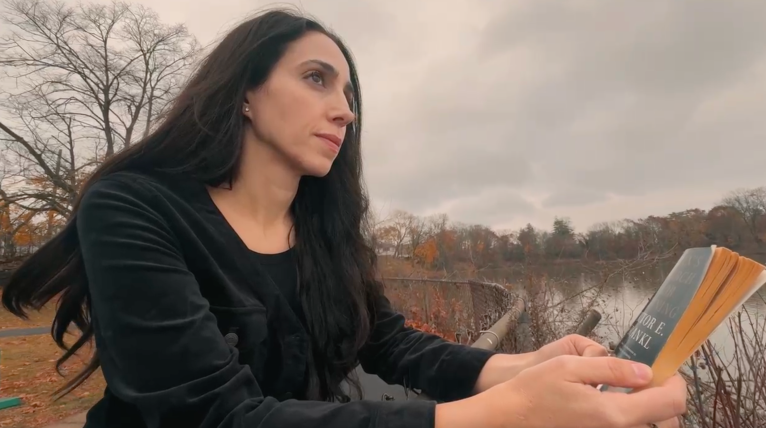
What You Find In Solitude
“The more powerful and original a mind, the more it will incline towards the religion of solitude.” — Aldous Huxley
Loneliness is just an idea.
It is the implication that you are ever disconnected from those around you. It’s what happens when you depend on interaction to understand — and be okay with — yourself.
Because interaction has less to do with how other people treat you and more to do with how you perceive yourself based on that treatment. It’s not about how many people are actually around us, or giving us love, it’s what that love means to us, and how it alters our mindset toward whatever it is we’re doing or focusing on. Companionship seems like the reinforcement of oneness and connectivity, but it is also the idea that you not only need someone else’s presence, but their approval, their acceptance.
You can be more alone in a crowded room, and feel more connected in complete solitude.
To the extent that we are separate beings, or to the extent that we are aware that we are separate beings, is how “lonely” we can ever be. Essentially: you are only as alone as you think you are.
Getting past that idea that aloneness is lonely is chiefly important because there is something phenomenally foreign and elusive that you find in that kind of sacred idleness. When you stop working and start being. When you stop defining yourself by the roles you play for other people — and for yourself. You stop seeing yourself within the context of a society, you stop judging yourself by comparison. You start diffusing your mindset of thinking through what would be acceptable to others. You don’t just start to hear yourself talk, but you realize that you are a person, hearing a mind.
And you begin to communicate with yourself in ways that are so much deeper, more fathomable, more understandable, than language can ever permit. As Huxley again once said: “In spite of language, in spite of intelligence and intuition and sympathy, one can never really communicate anything to anybody. The essential substance of every thought and feeling remains incommunicable, locked up in the impenetrable strong-room of the individual soul and body. Our life is a sentence of perpetual solitary confinement.”
This is not a bad thing, though.
It shows you who you are because you’re no longer being someone else to someone else. You are only to yourself. You stop behaving to fit a standard and start acting for the sake of survival, of being alive, of humanness. You don’t realize how much of your daily life, how many of your rote actions, are contrived solely by the means of being “acceptable” to the world around you, and how much these actions that are not founded in genuineness, disconnect you from yourself.
Solitude is the most important practice of all. It grounds you in what is and helps you escape from what you think should be. It is both infuriating and freeing for just that reason: it leaves you alone to see who you are and what you do; more importantly, it leaves you alone to see the real essence of what it is to be a person, the good, the bad, the downright odd and ugly. It leaves you no choice but to contemplate the bigger picture, the underlying reasoning, the way things are.
The only time we see the whole structure clearly is when we step away from it.











